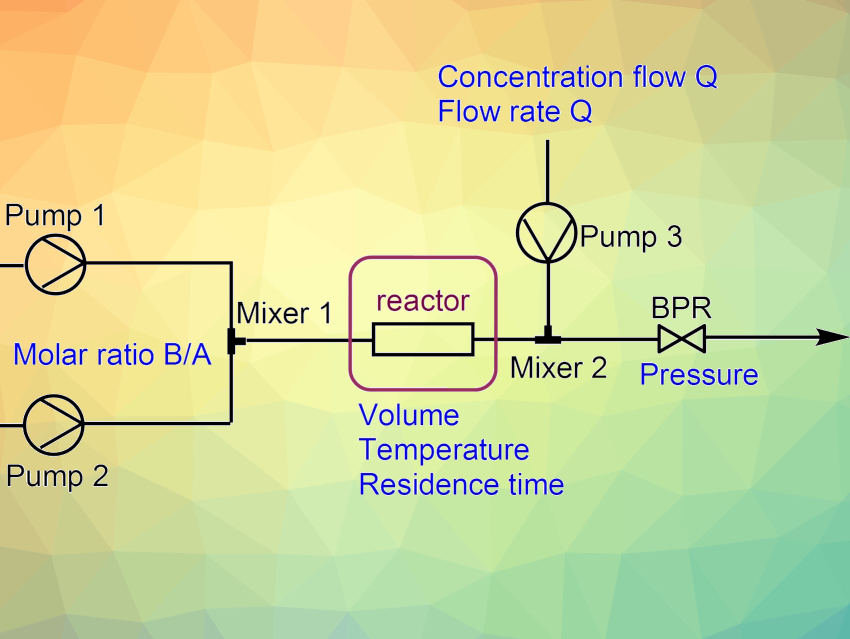Flow chemistry is an important method, especially in organic synthesis. Already well-known in industry, it is becoming increasingly important at the lab scale, as well. Flow chemistry offers several advantages over batch processes, including faster reactions, rapid optimization, easy scale-up, and integrated analysis. However, due to a large number of parameters and varying equipment, reproducibility can be a problem.
Christopher A. Hone and C. Oliver Kappe, Center for Continuous Flow Synthesis and Processing, Graz, and University of Graz, Austria, have developed a best practice guide for organic synthesis using flow chemistry, with an aim to standardize some of the protocols. The hope is to enhance future reproducibility.
An essential first step in any reporting of flow chemistry experiments is a clear schematic of the experimental setup. The inclusion of high-resolution photographs can further help others in reproducing the reaction. Supporting information should include details of each component, including their calibrations, because small differences in, for example, pump rate or pressure can change the outcome of the experiment.
Complex flow chemistry reactors can cover a vast amount of parameter space, so clear reporting of the reaction conditions is also very important. Residence time, for example, is governed by both reactor volume and the flow rate of the reactants. The flow rate can also alter the mixing of two reagent feeds. Temperature can alter pressure, and hotspots can reduce process efficiency. Careful measuring and reporting of all these interdependent parameters is, therefore, a necessity.
Overall, reproducibility needs to be improved to ensure that flow chemistry continues to be a growing field. The researchers hope that the guidelines provided will support users in performing and reporting reproducible flow chemistry.
- Towards the Standardization of Flow Chemistry Protocols for Organic Reactions,
Christopher A. Hone, C. Oliver Kappe,
Chem. Methods 2021.
https://doi.org/10.1002/cmtd.202100059




